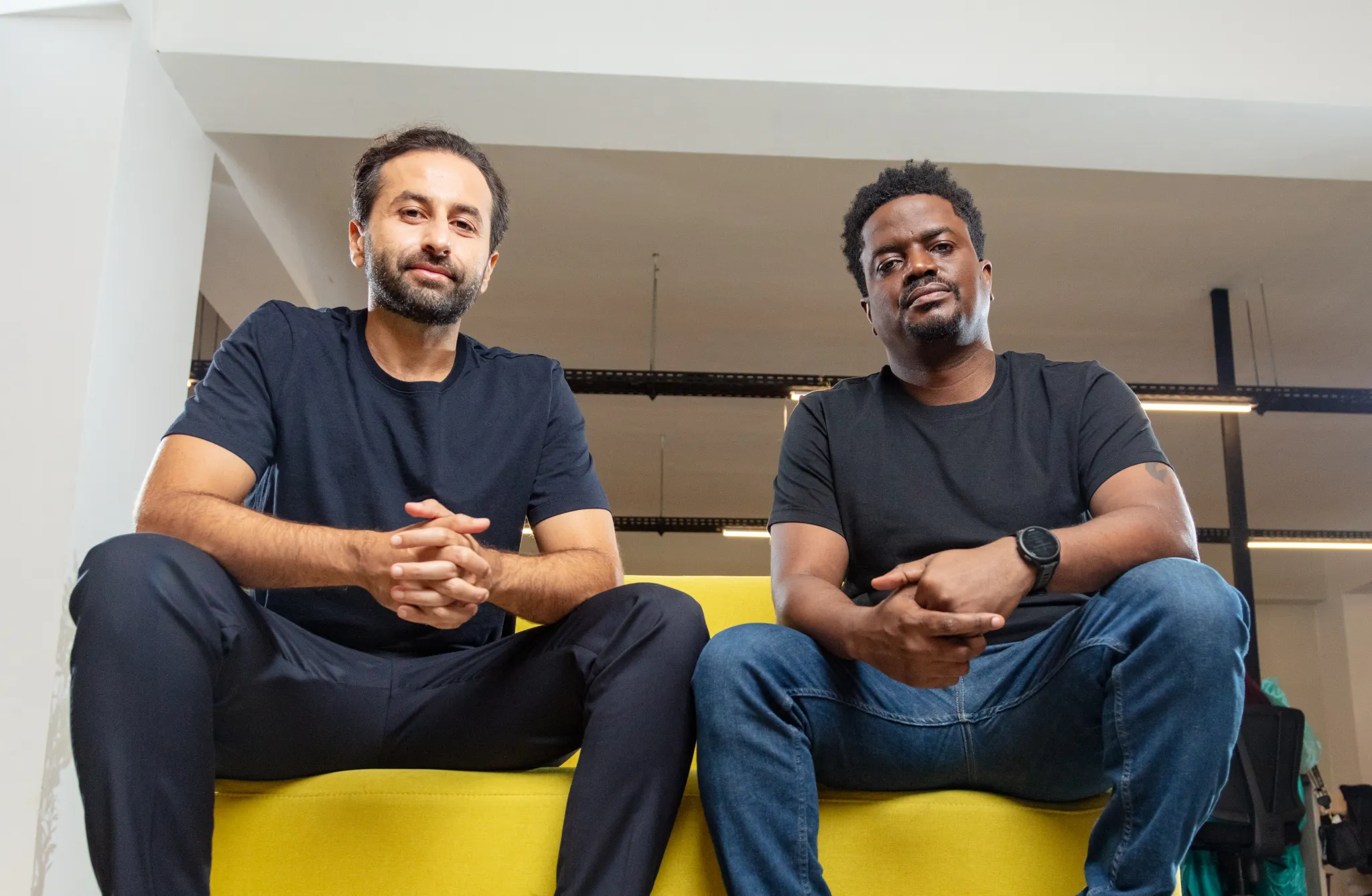
Djamo, a YC-backed fintech based in Ivory Coast, has raised $17 million in its latest equity round, the largest VC funding ever for an Ivorian startup. The company now serves over one million users across Ivory Coast and Senegal, aiming to become the go-to digital bank in Francophone West Africa.
The round was led by Janngo Capital, with participation from Partech, Enza Capital, Oikocredit, SANAD Fund, and Y Combinator. Djamo previously raised $14 million in 2022, and according to co-founder and CEO Hassan Bourgi, the company’s valuation has doubled since then.
Bridging the Gap Between Mobile Money and Traditional Banking
Founded in 2020 by Hassan Bourgi and Régis Bamba, Djamo targets underbanked populations in French-speaking Africa. While traditional banks often cater to wealthier clients and mobile money services offer only basic functionality (like transfers and bill payments), Djamo positions itself as a middle ground — delivering the accessibility of mobile wallets with the sophistication of full banking.
“Most users have outgrown basic mobile money, but aren’t interested in old-school banks with high fees and outdated tech,” said Bourgi.
Evolving Product Suite and Customer Base
The startup has expanded beyond basic services like cards and transfers to now offer:
- Savings vaults
- Investment tools (via the first fintech-issued brokerage license in the region)
- Salary-linked accounts
- Business banking tools including bulk payments and QR code-based merchant payments
While many users start with Djamo as a secondary account, more than 55% of its customers are unbanked, and 90% of those use Djamo as their primary financial service.
To engage this harder-to-reach demographic, the company blends digital onboarding with offline agents who help facilitate transactions — mimicking the success of mobile money models across Africa.
Revenue Growth and Future Plans
The company has:
- Processed over $4.5 billion in transactions
- Grown revenue 5x since 2022
- Attracted 25% of users to a paid premium plan
- Launched services for 10,000 small businesses
The company earns revenue through merchant transaction fees and subscriptions, and is now pursuing licenses to offer interest-bearing savings accounts and lending products.
“The next phase is scaling salary deposit usage — moving from 10% to 50% of users getting paid directly into Djamo,” Bourgi said.
Backing a Mission-Driven Fintech
Janngo Capital’s Fatoumata Bâ, who led the round, highlighted Djamo’s impact on financial inclusion:
“In a region where less than 25% of adults have formal financial access — and where women are twice as likely to be excluded — Djamo is not just closing gaps, but creating opportunities at scale.”
With a 250-person team, Djamo is now focused on scaling across Francophone Africa, leveraging its unique position to redefine what modern banking looks like in a region long underserved by traditional institutions.


